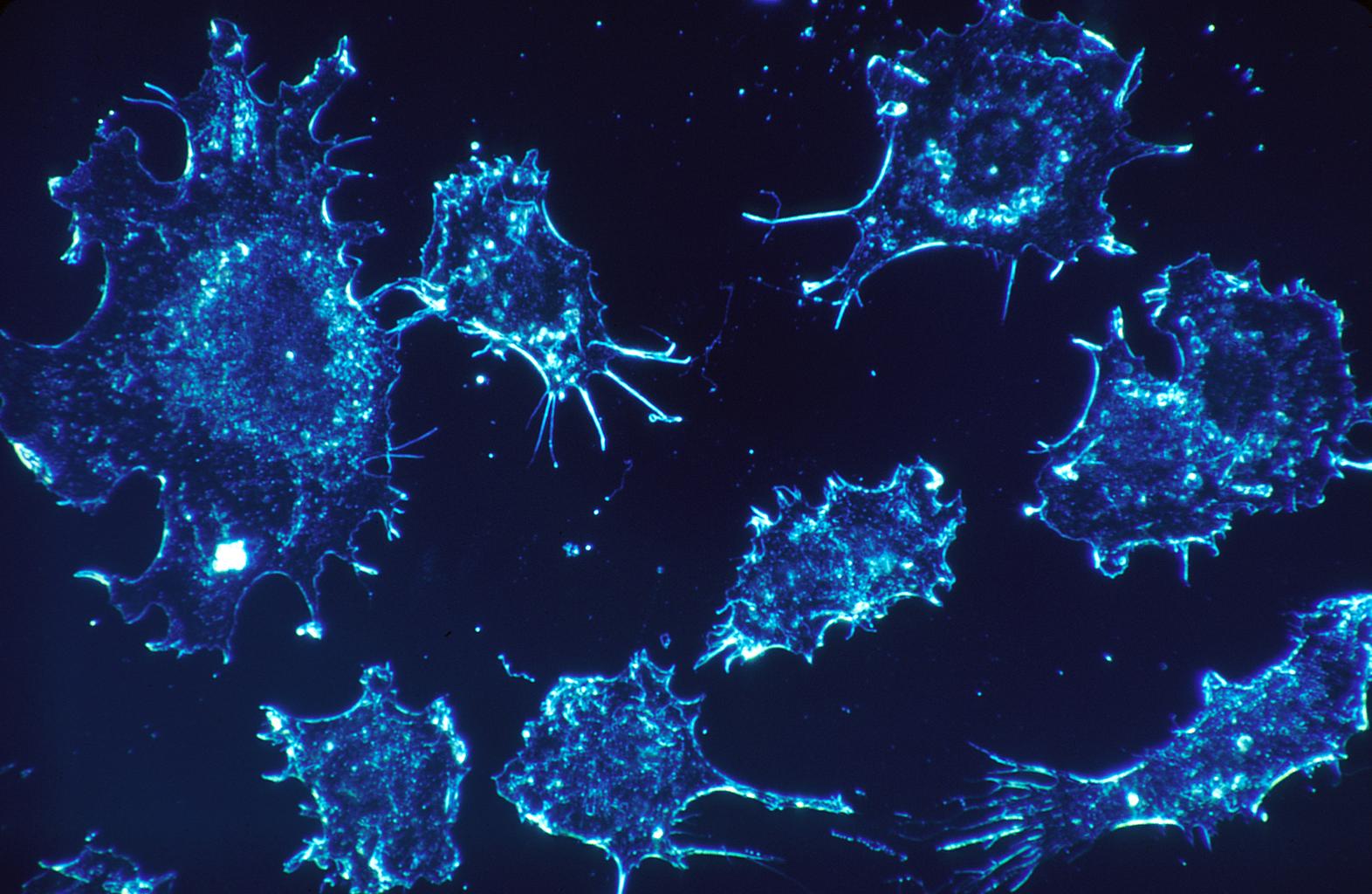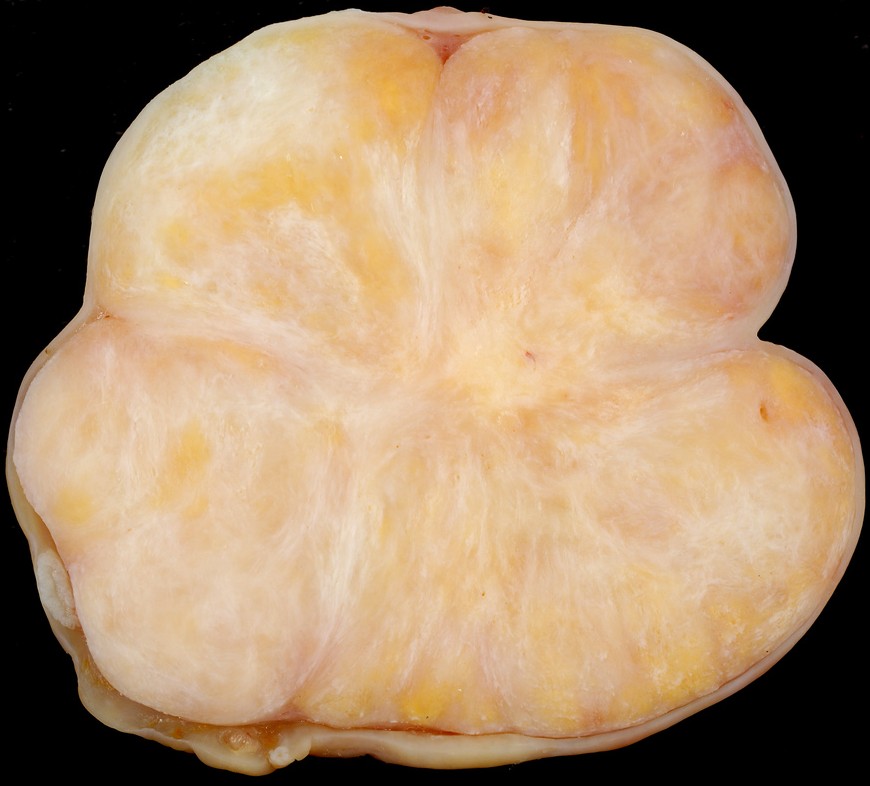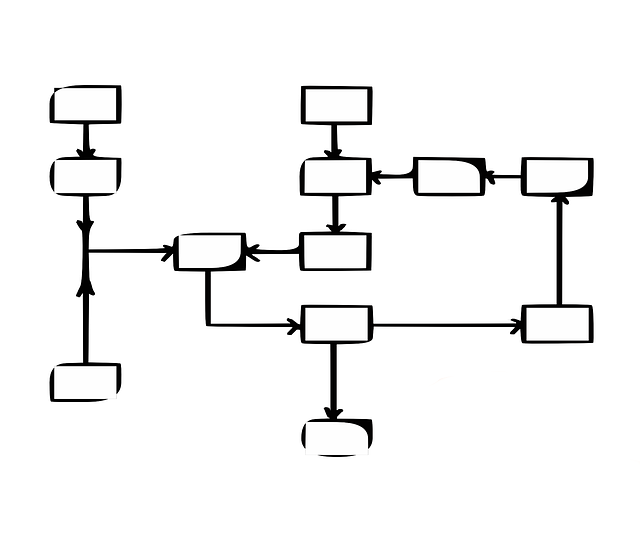Semmelweis University
Department of Medical Biochemistry
Department of Medical Biochemistry



Reverse Phase Protein Array (RPPA) is an antibody-based proteomic approach enabling the quantification of the abundance of multiple proteins across multiple samples. Briefly, samples (lysates from tissues, cell cultures, serum, plasma or other body fluids) are printed on nitrocellulose-coated glass slides in the form of a dot blot microarray, and probed with monospecific antibodies. Each slide may contain thousands of dots, and each dot contains the entire proteome of the lysed sample.
RPPA: Overview
RPPA workflow is as follows:


Frozen tissue
Cell culture


Protein concentration of lysates adjusted to 1-2 mg/ml
Sample homogenization and extraction of proteins

Lysates loaded into 96-well plates

Lysates stored in dedicated ultrafreezers

Lysates loaded into 384-well plates in setial dilutions

Lysates printed onto nitrocellulose-coated glass-slides

Slides stained with monospecific primary antibodies, followed by IR-conjugated secondary antibodies

Slides stored in dessicators

Dot intensities are quantified by an IR-scanner

Bioinformatic analysis


